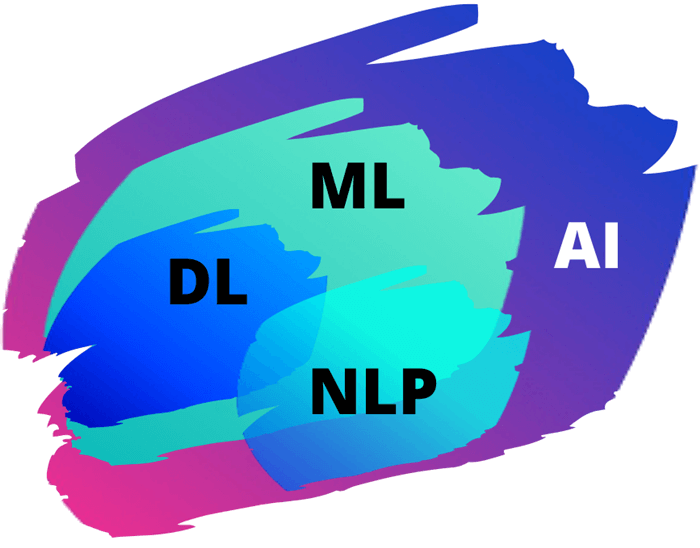Intelligent automation (IA) enables rapid business process automation and deployment with RPA and AI.
The augmentation of cognitive technologies widens the range and dexterity of any business automation process.
At its core, intelligent automation is a combination of different neural network technologies and data science.
Intelligent automation aims to leave zero loose ends for any human interventions. It leaves no room for any avoidable mishaps.
The technologies and methodologies that contribute to intelligent automation, in one form or the other are:
- Fuzzy logic
- Speech recognition
- Data mining
- Predictive modeling
- Computer vision technology
- Robotic Process Automation
- Artificial Intelligence
Also, Read – Automation of Accounts Payable Process
The Benefits and Working of Intelligent Automation across Different Financial Sectors
Intelligent automation in financial services is a combined effort to boost automation of the end-to-end financial process.
The aforementioned technologies are what make intelligence automation different from the standard automation processes.
These additional capabilities help the system self-learn, update the database, and solve the issue without any human interference.
This end-to-end processing helps accelerate the business’ performance and efficiency by eliminating the need for any human intervention.
It furthermore improves outcomes in your financial services organization with these benefits:
- Better insights and analytics for decision-making processes.
- Competitive differentiation.
- Improves employee and customer experience.
- Optimizes back-office operations.
- Overall cost reduction.
- Quick fraud detection.
- Removing tasks that adds no value
- 24/7 work.
According to the findings from the Forbes Insights Report, “banks can achieve 35-50% productivity gains compounded across thousands of transactions by leveraging enterprise automation.”
Broad Category Division of Intelligent Automation across banks, real estate, investment, and insurance companies:
- Decision-making
- Workplaces involving physical tasks
IA provides higher accuracy in investment data research to identify inconsistencies. IA is highly cognitive-driven generating reliable data and AI-generated insights.
Intelligence automation provides a holistic approach that generates competitive advantage based on proprietary algorithms, databases, and understanding.
IA contributes capacity increase with better functioning parts. The workflow within the system improves drastically.
Workflow is more transparent and helps organizations with-
- Arc flash risk assessment and hazard analysis.
- Classification of emails.
- Credit issuance.
- Insurance setup.
- Accounts payments.
- Seamless customer transactions with deeper customer behavioral insights.
- Manages risks and compliance issues.
Many major platforms like the following provide you with valuable Intelligence Automation services:
- Accenture
- Capgemini
- IBM
- Microsoft
IA services offer transparency and lower the risk of poor decision-making. It becomes easy to monitor the to and fro of transitions and products.
With artificial neural network solutions, financial agencies improve product recommendations for every consumer individually.
Intelligence automation keeps your systems up to date and refreshes your organizations for ever-changing regulatory requirements.
IA creates a more structured and controlled decision-making approach to financial organizations.
Intelligent automation helps shift the human workforce to a strategic platform. The teams could concentrate more on creative and innovative approaches to gain an advantage in the marketplace.
FSIs are now investing more towards these cognitive services to accelerate digital transformation and improve process efficiency and drive workplace performance.
You May Also Like to Read- Things to Know About Intelligent Information System



